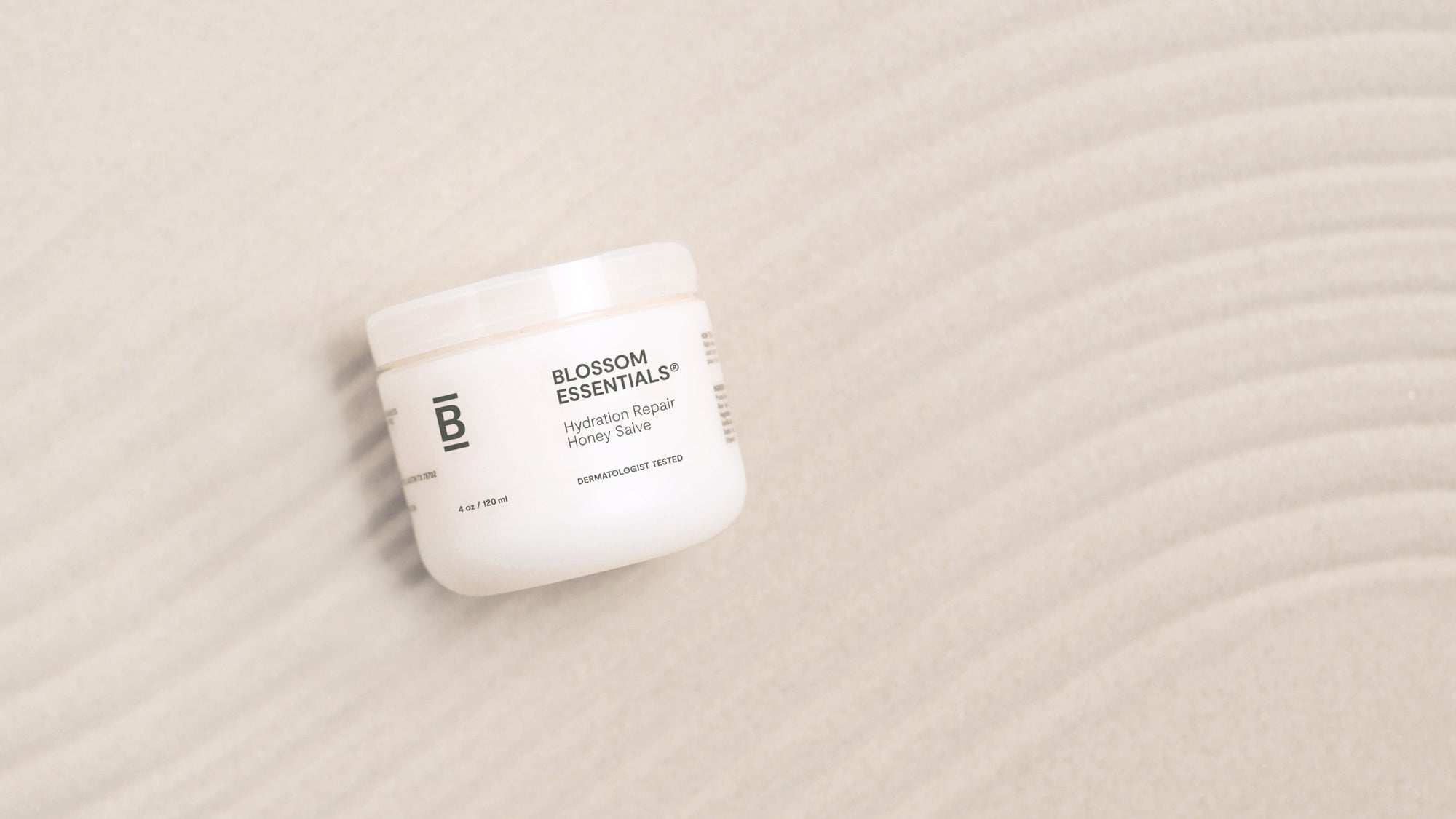

Slugging: The Secret to Hydrated, Plump Skin
Slugging is a skincare technique that has been gaining popularity in recent years. It involves applying a thick layer of an occlusive moisturizer to the skin to seal in moisture and prevent water loss. The term "slugging" comes from the idea that the moisturizer creates a barrier on the skin's surface, much like a slug's slime trail.
Many skincare lovers swear by it as a way to achieve plump, hydrated skin, while others are hesitant to give it a go in case it would clog their pores or cause breakouts. In this article, we'll explore the science behind slugging and discuss whether it's a safe and effective technique.
The Science Behind Slugging
To understand why slugging works, it's important to know how our skin retains moisture. The outermost layer of our skin, called the stratum corneum, acts as a barrier to prevent water loss. However, this barrier can be compromised by external factors like harsh weather, UV radiation, and dry air. When the stratum corneum is damaged, it can lead to dryness, flakiness, and irritation.
Moisturizers work by adding moisture to the skin and trapping it in the stratum corneum. However, not all moisturizers are created equal. Some contain ingredients that can actually strip the skin of its natural oils, leading to further dryness and irritation. This is where slugging comes in.
Occlusive moisturizers, such as petroleum jelly or beeswax, create a physical barrier on the skin's surface, preventing water loss and locking in moisture. This can be especially beneficial for people with dry or sensitive skin, as it helps to restore the skin's natural moisture barrier.
Is Slugging Safe?
While slugging has many fans, some people are wary of the technique. They worry that the thick layer of moisturizer could clog pores and lead to breakouts. However, according to dermatologists, occlusive moisturizers are unlikely to cause acne.
Dr. Shari Sperling, a board-certified dermatologist, says, "Occlusive moisturizers like petroleum jelly are non-comedogenic, meaning they don't clog pores." She explains that the molecules in occlusive moisturizers are too large to penetrate the pores, so they sit on the skin's surface.
Dr. Sperling also notes that slugging can be especially beneficial for people with dry skin or conditions such as eczema or psoriasis. "These conditions are characterized by a weakened skin barrier, which allows water to evaporate from the skin's surface. Slugging can help to reinforce the skin barrier and prevent water loss."
When Should You Incorporate Slugging Into Your Routine?
Slugging can be incorporated into your skincare routine at any time, but it's especially helpful when your skin is feeling dry, dehydrated, or in need of an extra boost of hydration. It can also be useful after using harsher skincare treatments, like chemical exfoliants or retinoids, which can sometimes cause dryness or irritation.
Using The Hydration Repair Honey Salve for Slugging
If you're curious about trying out slugging, you can't go wrong with the Hydration Repair Honey Salve by Blossom Essentials. This luxurious balm contains a blend of nourishing oils and botanicals, including sweet almond oil, coconut oil, beeswax, and organic Manuka honey bringing an extra element to the slugging ritual. It will act as an anti-inflammatory and anti-bacterial, giving you additional skin soothing benefits in addition to the moisturization.
The Honey Salve has a thick, buttery texture that melts into the skin, creating a protective barrier that locks in moisture. It's especially beneficial for dry or sensitive skin types, as it helps to soothe and hydrate.
To use the Honey Salve for slugging, simply apply a thick layer to your skin after cleansing and toning. Focus on areas that tend to be dry, such as the cheeks and forehead. You can also use it as an overnight treatment, applying it before bed and allowing it to sink in while you sleep.
Conclusion
Slugging is a simple but effective way to keep your skin hydrated and healthy. By using an occlusive moisturizer like our Hydration Repair Honey Salve, you can lock in moisture and prevent water loss, restoring your skin's natural barrier and leaving it looking plump and radiant. Remember to patch test any new products before trying them out, and consult with a dermatologist if you have any concerns about your skincare routine. With a little bit of slugging, you can achieve the glowing, healthy skin you've always wanted.
